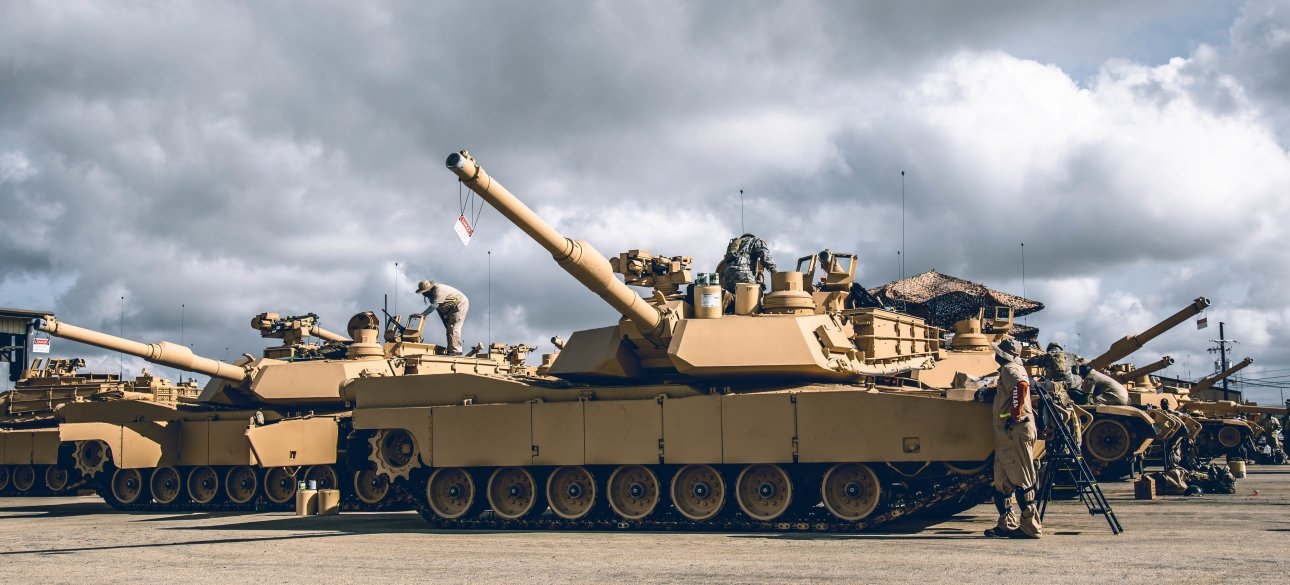
 By Victor Duda
By Victor Duda
The Ukrainian forces have achieved limited local success in their offensive on Melitopol, but were unable to cut the Russian Land Bridge with Crimea. The weather will soon cause large -scale operations. Contrary to popular belief, dirt, not snow, stopped the German invasion of the Soviet Union in 1941. Since mid -October, sprinkling rains lead to the fact that the Russians call "rasputic" when the fields are transformed into muffins, impassable for heavy vehicles.
The lack of progress in Ukraine is explained by several factors. All of them indicate the likelihood of a protracted deaf angle. First, Russia is now leading a war to which its army is best prepared. In the Russian army-a narrow ratio of "teeth and tails": too few people who provide logistical support for advanced troops, which made it difficult to withstand a quick offensive on Kiev, which with such a crash failed in the spring of 2021.
However, this weakness does not interfere with defense operations. The Russians had enough time to prepare several defensive lines, supported by minefields, mines and fire points, as well as accumulate ammunition reserves near the front line. The advantage of Russian armed forces in aviation, rockets and artillery allowed them to restrain the attackers and harm infrastructure in the depths of Ukraine.
The conflict is now more similar to the trench dull situation of the First World War than the Maneuver War of World War II. Secondly, the Ukrainian forces conducted a less effective campaign than they could. Despite the support of the West and the billionth military assistance provided by the United States and their allies, Ukraine still has the armed forces of the Soviet model.
They were in no hurry to take over that the Prussians opened in the 19th century and that today they exalt all Western armies: Aupftragstaktik, a tactic based on a mission that encourages younger officers and unterofits to take initiative using tactical opportunities. Progress has been made in eliminating this disadvantage, but not fast enough to give decisive results.
The article "New York Times" of June 23 indicated the deployment of nine brigades with 36,000 people capable of "applying all-military tactics-synchronized attacks of infantry, armored vehicles and artillery-which they learned from American and other Western troops. " But this remarkable achievement shows how much the rest of the army should change to become more effective.
American analysts also criticized Ukraine for irrational distribution of resources and distracting forces and equipment from the main blow in the south to the Bakhmut Front much less important. They accuse of this decision, the "Old Soviet Communist Doctrine, which seeks to minimize the rivalry between the army factions by giving the same amount of living power and technology with all commands.
" President of Ukraine Volodymyr Zelensky has declared that an increase in military assistance is crucial for victory over Russia. More and better equipment will certainly help Ukraine withstand the war, but will probably not solve its result. To supply Ukrainians with 155 mm artillery shells is one thing, and to give them modern, high-tech equipment is quite another. F16 illustrate the problem.
Only the planes were promised, as it became clear that only some Ukrainian pilots were contained in the English language necessary to teach them to use them. As soon as this obstacle is overcome, a long period of study must take place. The US Air Force can teach an experienced F16 pilot in five months, and inexperienced - eight. However, the training of these pilots can take up to two years of battle.
Despite the fact that F16 exceed the old Russian planes, they will not contain the latest avionics and other equipment, as those where US pilots fly. The complex Russian air defense system and the skillful use of portable anti-aircraft missile complexes (MAGs) can prevent this aircraft from becoming an expected turning point in the game.
These factors suggest that although Ukraine is not at risk of losing war, it may not be able to win it, especially if victory means the release of the entire lost territory. Ukrainians will clearly not be able to win the war on exhaustion against a much greater nation with a much greater wealth, population and resources.
If you do not count on the great victory of Ukraine on the battlefield, which seems unlikely, you will need deep changes in Russia's position to break the situation in favor of Ukraine. All indicators say that this will not happen. Public support for war in Russia remains strong. The Kremlin has softened the consequences of Western sanctions, sharply increasing trade with China, India and Turkey. Iran supplies the Russian army with drones, and North Korea can soon put her artillery shells.
What then can this horrible war end? One of the opportunities is to settle through negotiations, which at this stage will require Zelensky recognition of the loss of territory and Putin's readiness for negotiations. Neither one nor the rest seems likely. Having suffered heavy losses at the beginning of the summer offensive, the Ukrainian command showed prudence, avoiding great expensive offenses in favor of small local attacks for additional success.
If this model persists, the war can last as one British general predicts "decades". Unfortunately, the protracted war increases the problem of fatigue of donors. More than half of the Americans still support Ukraine's assistance at the same or higher level, but the opposition is growing among the Republicans who are doing so in the current budget negotiations. Donor fatigue also originated in Europe.










All rights reserved IN-Ukraine.info - 2022